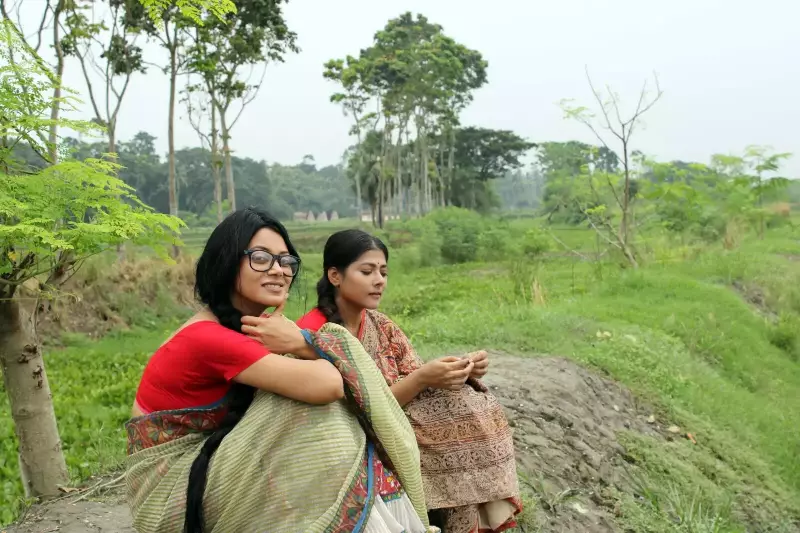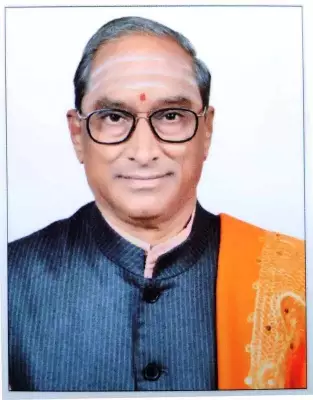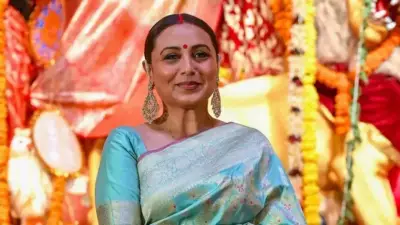
As the film world commemorates the 100th birth anniversary of cinematic maestro Ritwik Ghatak, filmmaker Suman Maitra steps forward with a heartfelt homage that promises to reignite interest in the legendary director's groundbreaking work. Her documentary, 'Jukti Takko Aar Gappo,' serves as both an educational journey and an emotional tribute to one of India's most influential filmmakers.
A Visionary Remembered: Ghatak's Enduring Legacy
Ritwik Ghatak, often mentioned alongside Satyajit Ray and Mrinal Sen as pillars of Indian parallel cinema, revolutionized filmmaking with his unique narrative style and profound social commentary. Despite creating only eight full-length feature films, his impact continues to resonate across generations of filmmakers and cinephiles alike.
Suman Maitra's documentary emerges as a significant contribution to preserving Ghatak's legacy, offering fresh insights into his creative process and the philosophical underpinnings that defined his cinematic vision.
The Making of a Tribute: Behind Maitra's Documentary
Maitra's film goes beyond conventional documentary filmmaking, weaving together rare archival footage, personal anecdotes, and critical analysis that paint a comprehensive portrait of Ghatak's artistic journey. The timing couldn't be more perfect – as global cinema enthusiasts rediscover Ghatak's contributions, this documentary provides the perfect gateway into his complex world.
What sets this tribute apart is its focus on Ghatak's methodology and the emotional depth he brought to each project. Through interviews with film scholars, contemporaries, and those influenced by his work, Maitra constructs a multidimensional view of the filmmaker that appeals to both seasoned admirers and new audiences.
Why Ghatak's Centenary Matters Today
In an era dominated by commercial cinema, Ghatak's centenary celebration serves as a crucial reminder of cinema's potential as an art form capable of social transformation. His films, known for addressing displacement, partition trauma, and human resilience, remain remarkably relevant in today's socio-political climate.
Maitra's documentary highlights how Ghatak's pioneering techniques – from his innovative sound design to his symbolic visual language – continue to influence contemporary filmmakers across India and beyond. The film makes a compelling case for why new generations should engage with Ghatak's work, positioning him not just as a historical figure but as a continuing source of inspiration.
The Cultural Impact: Beyond Cinema
Ghatak's influence extends far beyond the silver screen, touching literature, theater, and academic discourse. Maitra's tribute captures this broader cultural significance, demonstrating how his ideas about art and society continue to spark conversations in various creative fields.
The documentary arrives at a time when Indian cinema is experiencing a renaissance of meaningful storytelling, making Ghatak's centenary both a celebration of past achievements and an inspiration for future innovation in filmmaking.





